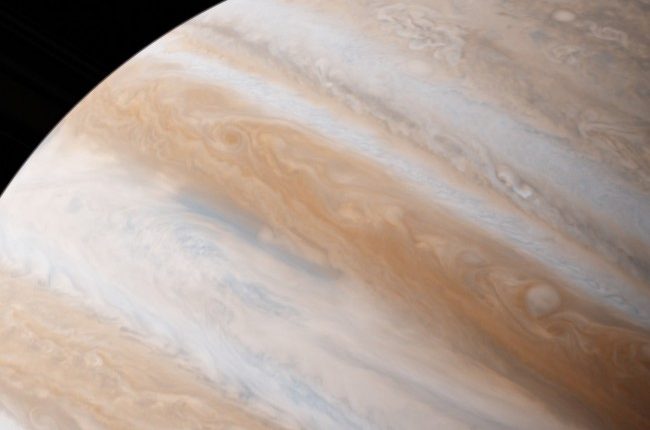
Scientists Say Oribts Of Jupiter And Venus Impact Earth’s Climate Every 405,000 Years.
Researchers have uncovered some hard evidence in ancient rocks that show that this cycle has been going on for hundreds of millions of years. Their discovery is published in the Proceedings of the National Academy of Sciences.
Earth’s orbit changes shape – it goes from nearly circular to about 5 percent elliptical. This process is due to the gravitational interaction between our planet, Venus, and Jupiter. Now, researchers have dug up ancient rocks that show the existence of this cycle all the way to the late Triassic, 215 million years ago.
These findings could have a huge impact on how we model Earth’s past climate, particularly global temperatures that are not easy to explain. It’s even possible the effects from this cycle played a role in the evolution of the first dinosaurs.
“There are other, shorter, orbital cycles, but when you look into the past, it’s very difficult to know which one you’re dealing with at any one time, because they change over time,” lead author Dennis Kent, an expert in paleomagnetism at Columbia University and Rutgers University, said in a statement. “The beauty of this one is that it stands alone. It doesn’t change. All the other ones move over it.”
The cycles that the Earth experiences are known as the Milankovitch cycles, after the Serbian mathematician who discovered them in the 1920s. There’s a 100,000-year cycle that affects the eccentricity of the planet’s orbit, similar to the 405,000 years. There’s also a 41,000-year cycle where the tilt of our planet changes with respect to the plane of the orbit. And finally, there’s a 21,000-year cycle because the axis of our planet wobbles and doesn’t always point in the same direction.
These cycles affect the climate because they change how much energy the Northern Hemisphere (where most of the planet’s landmasses are located) receives from the Sun. These could create huge changes in global climate.
The Earth’s orbit is currently in the nearly-circular fraction of the 405,000-year cycle when the climate tends to be hotter. However, this is definitely not the leading cause of global warming.
“All the CO2 we’re pouring into the air right now is the obvious big enchilada. That’s having an effect we can measure right now. The planetary cycle is a little more subtle,” Kent stated. “It’s pretty far down on the list of so many other things that can affect climate on times scales that matter to us.”













